
Partners
Main Partners
-
 See website
See websiteCompany Description:
Indra is one of the leading global technology companies, leading the transformation of mobility with cutting-edge technology for infrastructure traffic management and regulation, on roads and cities, including solutions for the connected and autonomous vehicle. Its business model is based on a comprehensive offering of proprietary products, with an end-to-end, high-value approach and a high innovation component.
Participation in Movilidad 2030:
Indra is coordinating Movilidad 2030, where it will deploy its In-Mova Space platform for the integration and exploitation of all transportation data generated in the project. This information will enable the generation of cooperative services to support road mobility. Indra will also develop new traffic prediction systems, based on deep learning techniques, and an innovative access control system with artificial intelligence and advanced LIDAR systems.
-
 See website
See websiteCompany Description:
FICOSA is an industrial group dedicated to the research, development and commercialization of automotive systems and components and is one of the world's leading suppliers in the sector. Within the group, FICOSA ADAS focuses on the development and integration of software in advanced assistance and driver assistance systems based on cameras and other sensors.
Participation in Movilidad 2030:
FICOSA ADAS leads the research and development of fusion of the different sensors that make up the external perception system and detection algorithms that will improve the efficiency and safety of connected autonomous vehicles. It will address the development of new advanced ADAS functionalities based on cooperative perception through the communication of the vehicle with the infrastructure and other vehicles.
-
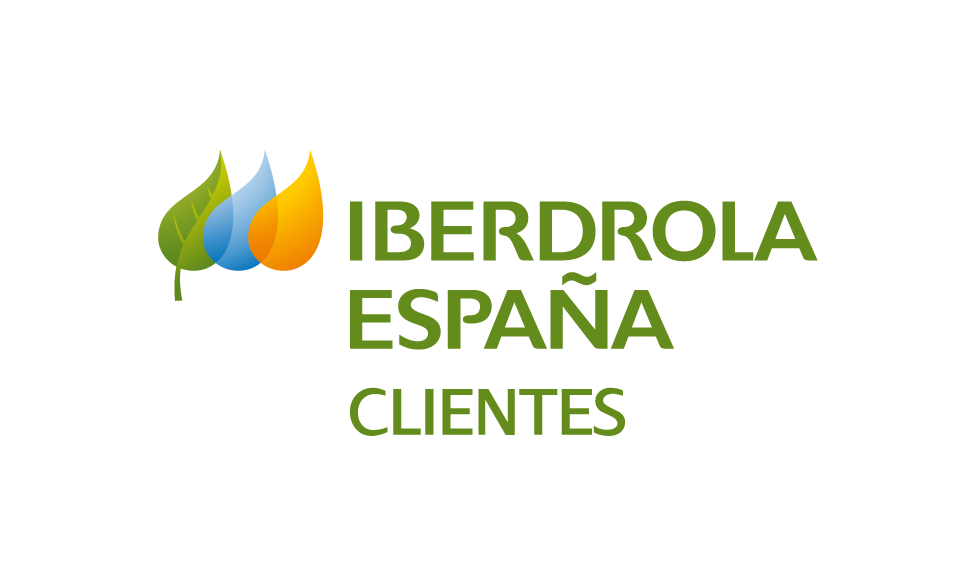 See website
See websiteCompany Description:
Iberdrola is a global energy leader, the first wind power producer and an international reference thanks to its commitment to the environment and decarbonization.
Iberdrola Customers is fully committed to an energy transition with a strong focus and investment in the development and acceleration of the commercial deployment of low-emission technologies, especially related to electrification such as road transport
Participation in Movilidad 2030:
Iberdrola is leading the development of wireless charging infrastructure and vehicle autonomy to overcome the obstacles that electromobility currently faces. Iberdrola will develop an algorithm that allows the planning of urban and interurban journeys in real time based on a predictive model of EV autonomy, optimized according to cooperative learning.
-
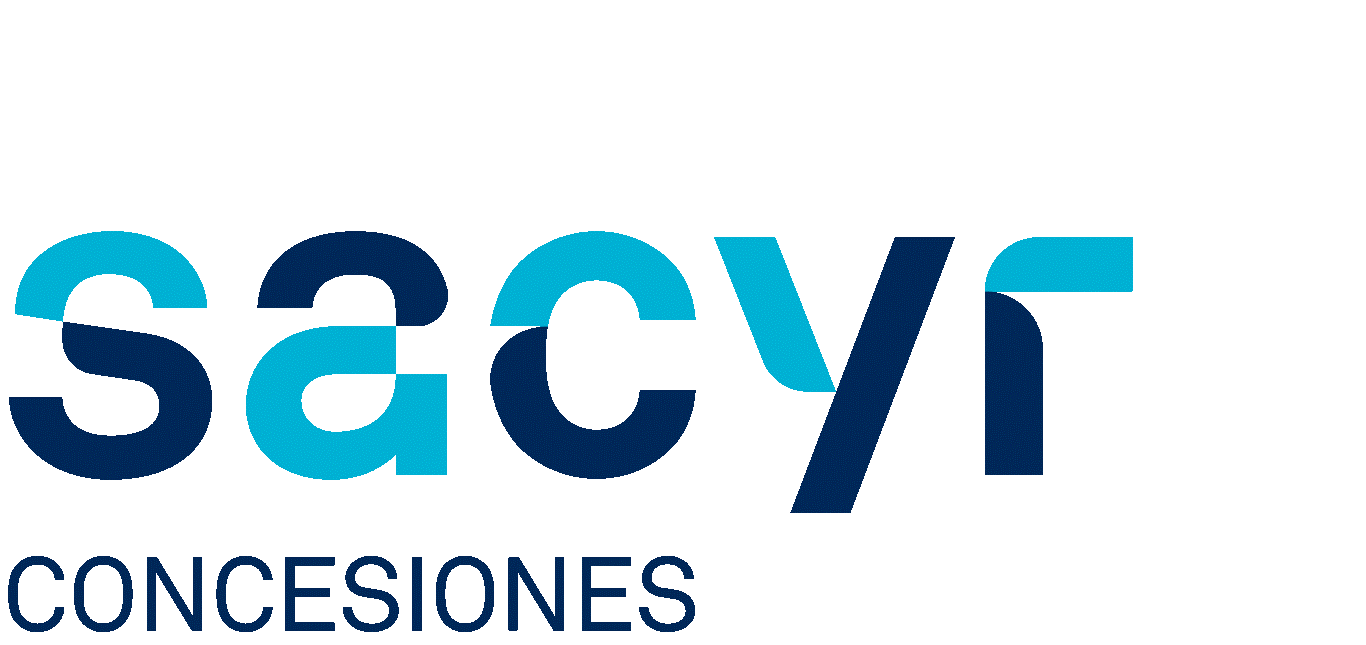 See website
See websiteCompany Description:
SACYR CONCESSIONS is part of SACYR, a multinational infrastructure and services company whose commitment to innovation and international expansion has made it a benchmark company in the construction and management of infrastructure, industrial projects and services. SACYR is structured in four different areas of activity: Engineering and Infrastructures, Concessions, Services and Industrial.
Participation in Movilidad 2030:
Sacyr seeks to promote services related to the operation, improvement, and new trends of these, to ensure safe, efficient traffic in accordance with the capacity of the roads. It aims to obtain new systems that enable innovative management, supported by a strong technological component, to improve the efficiency of the usual routes, optimizing the number of vehicles on the roads through intelligent operation and ensuring the future safe implementation of connected and autonomous driving. Sacyr addresses the measurement of vehicle gauging and classification through two different technologies that will enable the infrastructure new capabilities in monitoring tasks for different types of mobility. Sacyr leads activity 3.
-
 See website
See websiteCompany Description:
WALLBOX CHARGERS, S.L.'s mission is to design, manufacture and distribute the world's most innovative smart charging solutions. Therefore, they have developed state-of-the-art electric vehicle charging solutions for homes, businesses, and cities. In this sense, the WALLBOX team is responsible for the conception of ideas, research for the generation of new scientific and technological knowledge, product design, development, and production, thus achieving absolute control of the entire chain and its technology. The company's goal is to accelerate the transition to efficient and sustainable transportation.
Participation in Movilidad 2030:
Wallbox is leading research in wireless charging systems for electric vehicles, with the goal of developing technology to improve the efficiency of wireless power transmission.
WALLBOX's research areas focus on the development of transmitter and receiver coils, infrastructure-vehicle coupling, communications, and object detection.
-
 See website
See websiteCompany Description:
DISID is a technology consulting firm that carries out Digital Transformation projects with a model of technology partner of our customers, which we help them with the latest technologies from leading SW manufacturers as well as the most disruptive innovation of the moment.
DISID carries out system integration projects, big data processing and systems based on hybrid cloud architectures.
DISID's technical team is made up of technical specialists in different technologies, highlighting Java, Spring, Angular, Kubernetes, AWS, GCP, MuleSoft, IBM CP4D
Participation in Movilidad 2030:
Within the framework of the Movilidad 2030 project, DISID will participate in the data acquisition and processing system of the connected and autonomous mobility management platform of the advanced C-ITS module for the management of connected and non-connected vehicles at the same time. DISID will work on improving the ability to process large volumes of data in real time, based on high performance stream computing paradigm, which will allow to analyze and process information in real time, and display dashboards of data flows continuously in real time, historical and geolocated; incorporate the processing of geolocated and moving information, to increase the knowledge base to generate reliable alerts, based on the location of the vehicle to prevent traffic incidents; Facilitate and specify the functions of integration with external information systems, and to provide the necessary information for the management of the connected and autonomous mobility management platform.
Integration functions with external information systems to audit and analyze historical information to infer anomalous behavior, as well as to filter, prepare and anonymize information.
OPIS
-
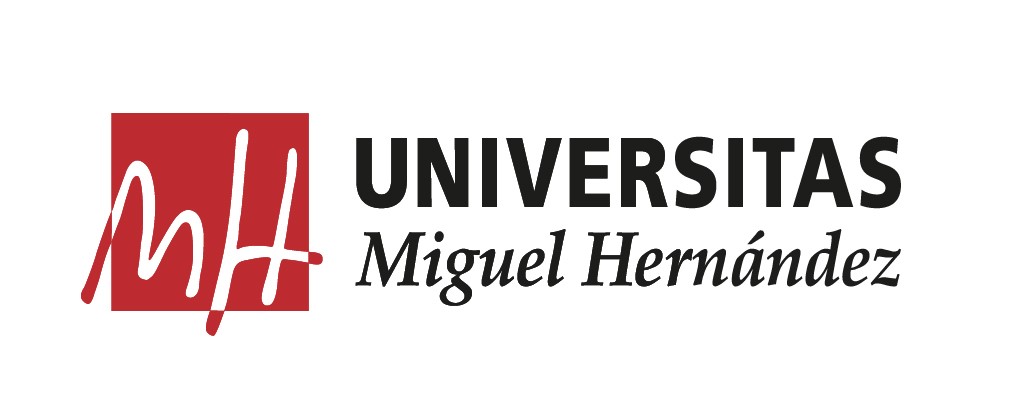 See website
See websiteCompany Description:
The UWICORE laboratory of mobile and wireless communications of the Miguel Hernández University of Elche (UMH) is specialized in mobile and wireless communications systems and networks, and their application to three strategic sectors: connected and autonomous vehicle, 5G and Beyond networks, and Industry 4.0. Within the field of connected and autonomous vehicle, the laboratory has a long and internationally recognized track record in the field of V2X communication systems highlighting its expertise in heterogeneous V2X communication technologies (ITS-G5, C-V2X, LTE-V2X, 5G NR V2X, mmWave V2X), design and evaluation of communication protocols and services for autonomous and connected vehicles (cooperative perception, cooperative maneuvering, congestion control, etc. ), implementation and development of simulation platforms and experimental prototypes for V2X communications, and exploitation of ITS and connected and autonomous vehicle data for traffic characterization and prediction.
Participation in Movilidad 2030:
The work of the UMH UWICORE lab in Movilidad 2030 focuses on the development of traffic prediction algorithms using deep learning techniques based on neural networks and considering data from ITS sensors and connected vehicles. The work to be developed includes the analysis of the accuracy of the prediction techniques based on the available data and the penetration of the connected vehicle, the study of mixed traffic scenarios that include both conventional vehicles and cooperative connected vehicles, and the design of transfer learning solutions that allow adapting the prediction algorithm developed to different mobility scenarios.
-
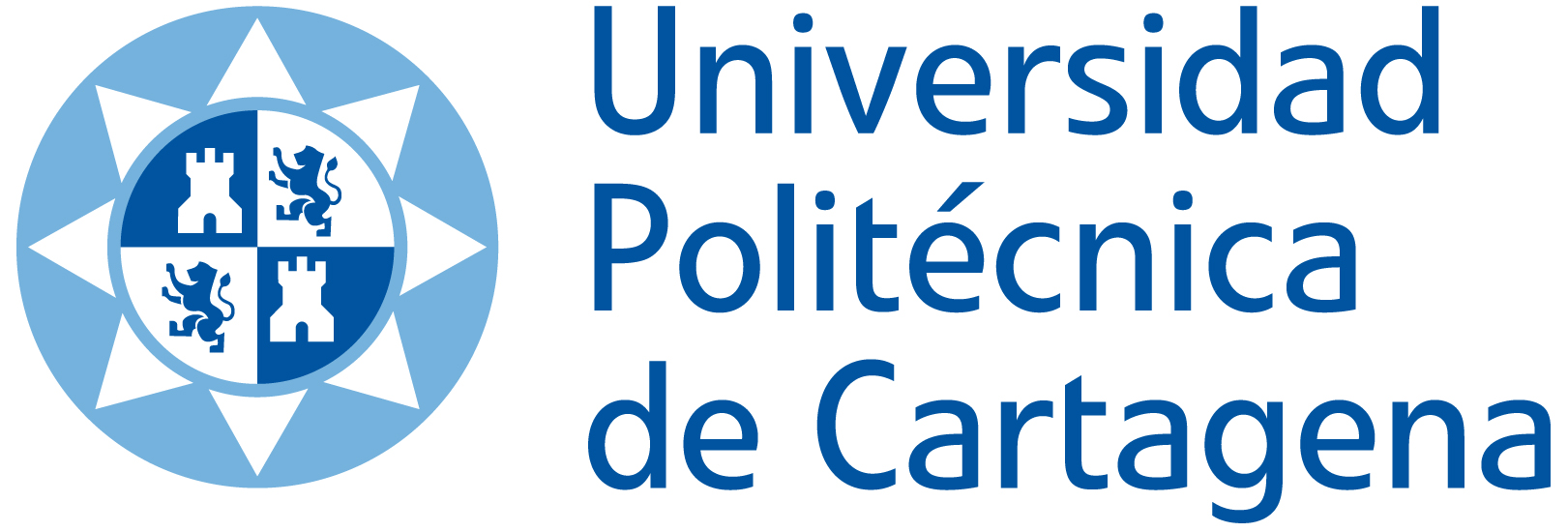 See website
See websiteCompany Description:
The Universidad Politecnica de Cartagena, or UPCT, is a public university whose studies are mainly of a technological and business nature. It is a young university with an international vocation, it is part of the European University of Technology, EUt+, whose partners share a human-centered approach to technology and the creation of a sustainable future. In addition to training and research activities, it promotes the development and transfer of knowledge to the business world in areas of common interest.
Participation in Movilidad 2030:
The UPCT group will design, manufacture and test prototypes of radio frequency identification and location modules (RFID+L) based on the BLE 4.0 standard (Bluetooth Low Energy), to provide the ability to monitor, trace and track smartphones on board vehicles. The proposed technology is totally innovative, as it uses smart directive antennas, capable of reconfiguring the direction of their electromagnetic fingerprints by means of novel analog (quasi-optical) and digital processing techniques of the BLE signal. The production cost of the modules to be designed is expected to be lower than the current ones based on active RFID at 5.8GHz, and providing similar or better characteristics in terms of spatial resolution and robustness against vehicles in dense environments and with different speeds.
-
 See website
See websiteCompany Description:
The Transport Research Center (TRANSyT), created in 2002, is a research and development center of the highest scientific and technological level, which aims to promote, develop and disseminate research, development and technological innovation activities in the relevant areas of transport, such as infrastructure and services management, environmental, social and regional impacts of transport, sustainable transport strategies at local and regional level, information technologies in transport, information technologies in transport and information technologies in transport, and dissemination of research, development and technological innovation activities in relevant transport areas such as infrastructure and service management, environmental, social and regional impacts of transport, sustainable transport strategies at local and regional level, information technologies in environment and transport, urban transport and mobility management. The group has extensive experience in participating in projects at both national and European level, serving as a bridge between the university and administrations, companies and institutions in the sector, students, and citizens. The group promotes, carries out and disseminates research, development, and technological innovation activities in relevant areas of transport such as infrastructure and services management, environmental, social and regional impacts of transport, sustainable transport strategies at local and regional level, information technologies in environment and transport, urban transport and mobility management. The group has extensive experience in participating in projects at both national and European level, serving as a bridge between the university and administrations, companies and institutions in the sector, students and citizens.
Participation in Movilidad 2030:
The UPM-Transyt group is evaluating and analyzing the achievement of the proposed objectives through the defined indicators, both at the general project level and at the specific level of each developed technology, as well as monitoring them. For this purpose, a multifaceted approach will be used through different levels of analysis, which aims to evaluate and validate the potential impact of the innovations implemented in Movilidad 2030. Therefore, 6 validation and evaluation scenarios have been defined in which the participating companies will be able to put into practice the corresponding technological evolutions developed
-
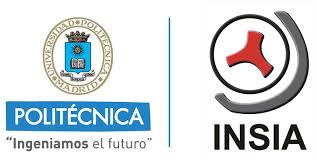 See website
See websiteCompany Description:
The Instituto Universitario de Investigación del Automóvil (INSIA) of the Universidad Politécnica of Madrid is a center dedicated to scientific and technical research in the automotive field, which also carries out teaching and training activities in specialized areas, while providing technological support to companies and public administrations.
The main activities of the Institute are:
- Research and Development in the field of automotive vehicles and their impact on safety and the environment.
- Technological support to companies and public administrations, providing technological services that take the form of R&D&I work, consulting, testing and certification.
- Postgraduate and specialized training.
Participation in Movilidad 2030:
INSIA-UPM participates in Movilidad 2030 in two key activities:
- V2X communications systems, integrating INSIA- V2X technology (ETSI ITS-G5, 3/4G, C-V2X/5G) in INDRA's ITS ecosystem.
- Detection and identification of vehicles from the infrastructure by means of 3D laser scanner.
It also supports the development of technologies for autonomous and cooperative driving of vehicles (CCAD).
-
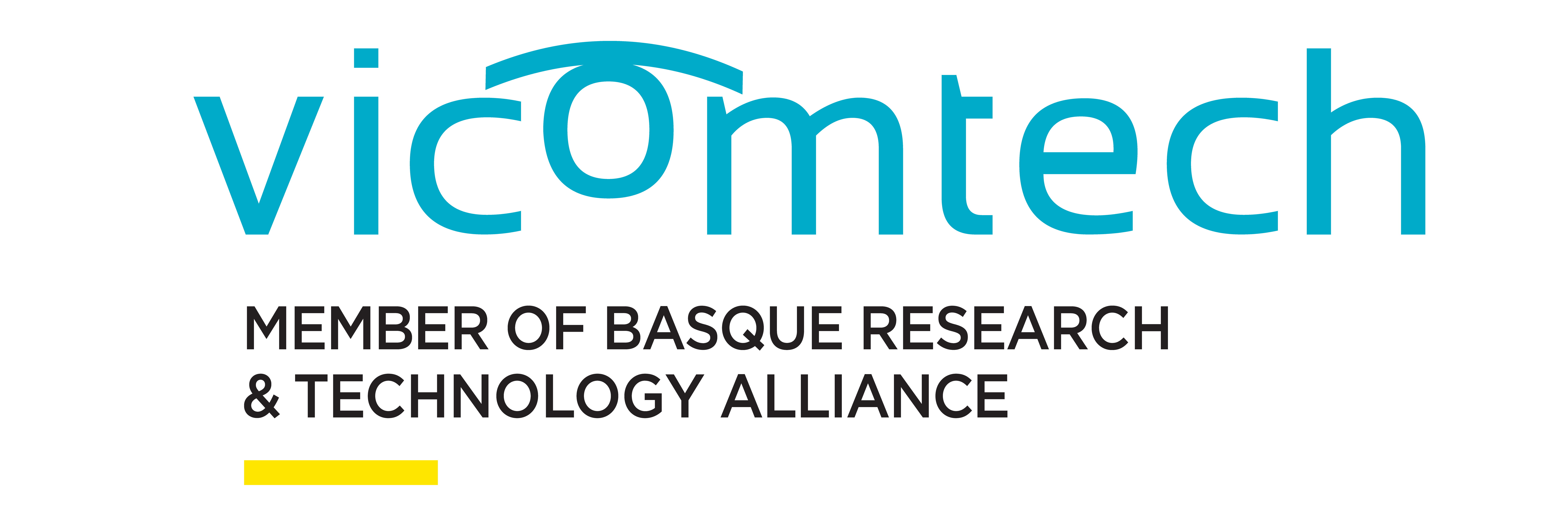 See website
See websiteCompany Description:
Vicomtech is an applied research center in technologies in artificial vision and intelligence. The Intelligent Transportation Systems and Engineering department is specialized in the field of transportation and, especially, in the automotive sector. For the last 10 years Vicomtech has specialized in the development of high added value technology for the achievement of different levels of transport automation. Vicomtech's R&D strategy includes the strategic commitment to continue advancing and betting on new technologies, such as Big Data and Deep Learning to make a qualitative and quantitative leap in advanced perception systems, with the aim of achieving a holistic understanding of the state of the environment.
Participation in Movilidad 2030:
Vicomtech participates in the project in Activity 1 (Advanced on-board systems for L4 CAVs) and Activity 5 (Framework and validation and testing scenarios), led by FICOSA ADAS. Vicomtech will contribute with its experience in automotive R&D projects for the tasks of technical requirements definition, development of advanced perception algorithms (e.g., 360º object detection and tracking), as well as the V2X (communications) solution and scenario-based validation.
Vicomtech will contribute to the development of algorithms for route management and recharge planning considering predictive and experience models to model the battery consumption curve. It will participate in the definition and development of a cooperative infrastructure including charging points, route recommendation systems, vehicle intelligence and traffic prediction systems. This task contributes to achieving SO3
-
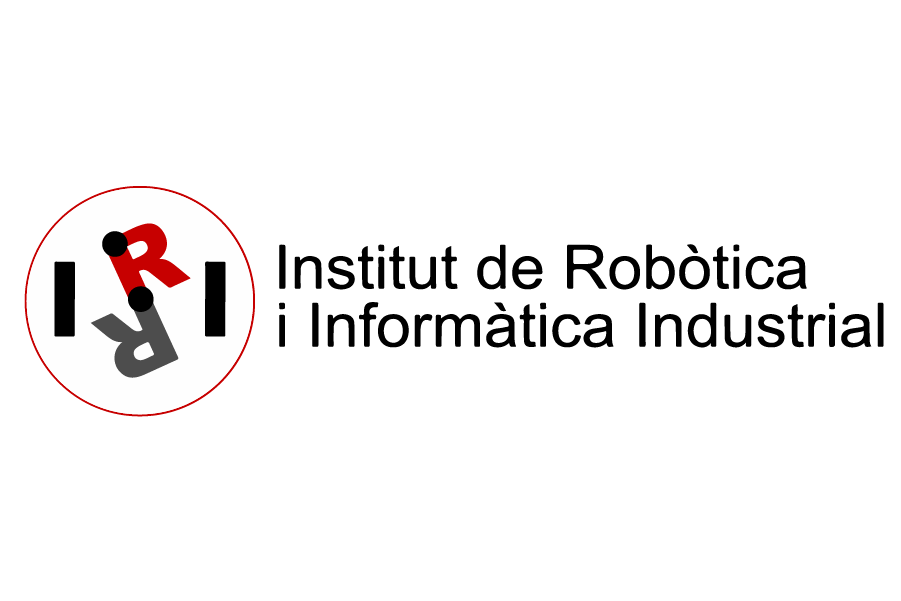 See website
See websiteCompany Description:
The Institute of Robotics and Industrial Informatics is a Joint University Institute of the UPC and the CSIC. The Institute focuses its activity on basic and applied research in various topics of robotics, automatic control and artificial intelligence. The IRI has extensive experience in the thematic area of the Movilidad 2030 project. In the last five years, it has been a technology provider for different automotive and logistics companies in camera calibration tasks, SLAM in collaborative robotics, AGV navigation, autonomous driving, or energy efficient control; and has participated in national and European projects related to these topics.
Participation in Movilidad 2030:
IRI will develop trajectory planning tasks during the electric mobility use case. This path planning will include basic perception modules of certain elements of the environment such as brake lights or lane change of other vehicles, traffic signs or pedestrians, as well as information regarding the state of the vehicle's batteries. Trajectory planning will provide energy-efficient strategies for speed control, optimal braking, or lane changing based on environmental conditions.
-
 See website
See websiteCompany Description:
The Carlos III University of Madrid (UC3M), founded in 1989, is ranked among the best universities in Spain in competitiveness by the number of projects obtained in European Union Framework Programs.
The scientific developments achieved by the LSI include innovative systems such as: detection and classification of traffic signals, pedestrian detection in both day and night driving, systems for road modeling, monitoring and detection of driver drowsiness and automatic car driving.
Participation in Movilidad 2030:
Development of a novel perception system that, based on algorithms that will be able to fuse images allowing advanced vehicle classification with much higher accuracy and lower error rate than current systems. It will develop artificial intelligence algorithms to obtain more robust representations of vehicles and other objects and will train these neural networks for the automatic detection of vehicles driving against the flow ("kamikazes").
-
See website
Company Description:
The Universidad de Zaragoza’s objective is to research the future of energy, scrutinizing opportunities and threats, developing knowledge useful to the environment and training professionals beyond academic knowledge. The main research topics are framed along four lines: resource efficiency; sustainability; renewable energies and training. Regarding inductive charging system designs, it has extensive experience in projects such as Unplugged, Victoria, Fabric or Cenit Verde, among others.
Participation in Movilidad 2030:
This University is working on the design of the IPT together with its optimized shielding according to the needs defined by Wallbox in the project.
-
 See website
See websiteCompany Description:
The Distributed Systems research group of the Instituto Universitario Mixto de Tecnología de Informática of the Universidad Politécnica de Valencia has a long experience in the design and implementation of robust and scalable distributed systems. The group's activity is focused on building computing platforms (PaaS) that elastify SaaS service deployments, aimed, above all, at the management of large amounts of data both in batch and streaming, targeted for use in machine learning and optimization activities in federated edge and fog computing environments.
Participation in Movilidad 2030:
IUMTI will participate in the specification of requirements, support to the architecture design and distributed data processing, definition of the monitoring needs of the necessary parameters to guide the algorithms and in the evaluation of the effectiveness of the proposed approaches and implementations of these.
In addition, for infrastructure monitoring it will specify the set of metrics and data to be captured, as well as the means to obtain them. Proposal of API that will allow applications to contribute to the provision of metrics and data. Finally, it will make proposals to carry out the hot reconfiguration of services and select those that fit the scope of the project. -
 See website
See websiteCompany Description:
NAITEC was born as an initiative of the Government of Navarra, with the support of the former technology center CEMITEC and the Public University of Navarra, UPNA, with the objective is to promote the development of technologies capable of developing the automotive and mechatronics sector. Both are priority lines of the Strategic Plan of the Government of Navarra.
NAITEC is the Technological Center specialized in mobility and mechatronics of Navarra. Its purpose is to generate business opportunities for its customers by providing technological solutions to improve the efficiency, functionality and sustainability of their products and processes.
They provide innovative and environmentally friendly solutions through the generation and transfer of differential knowledge, with a global market orientation.
Participation in Movilidad 2030:
NAITEC collaborates in the project by developing the Foreign Object Detection that ensures that the wireless charging of a light vehicle cannot harm living beings or cause fires by induced currents in metals.
NAITEC will design this system, develop the detection system, perform the fusion of the different sensors selected, and train the neural network so that the system is able to detect both metal objects and living objects.